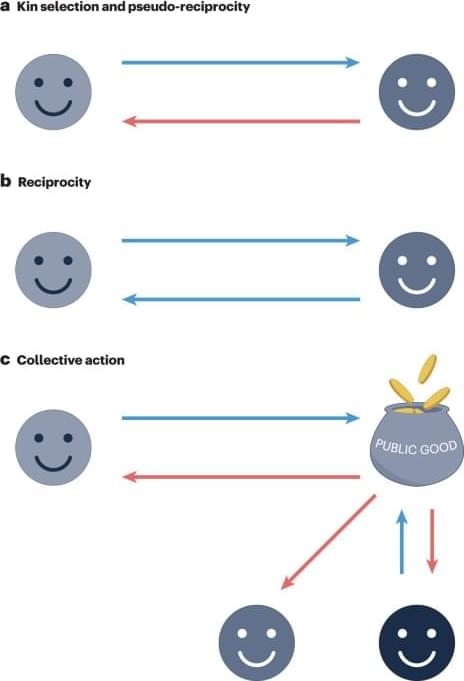Artificial intelligence is currently gaining a lot of attention worldwide, particularly in Hollywood, where thousands of actors and writers are on strike, demanding regulations concerning AI. In the midst of this, actress Whoopi Goldberg shared her thoughts on the growing use of modern technology.
During a Hot Topics chat on the recent episode of The View with Neil deGrasse Tyson, the actress had a very deep discussion on AI as she went on to share that she doesn’t want to be recreated by AI.
Goldberg said, “I don’t want AI duplicating me. That’s what I don’t want,”.








